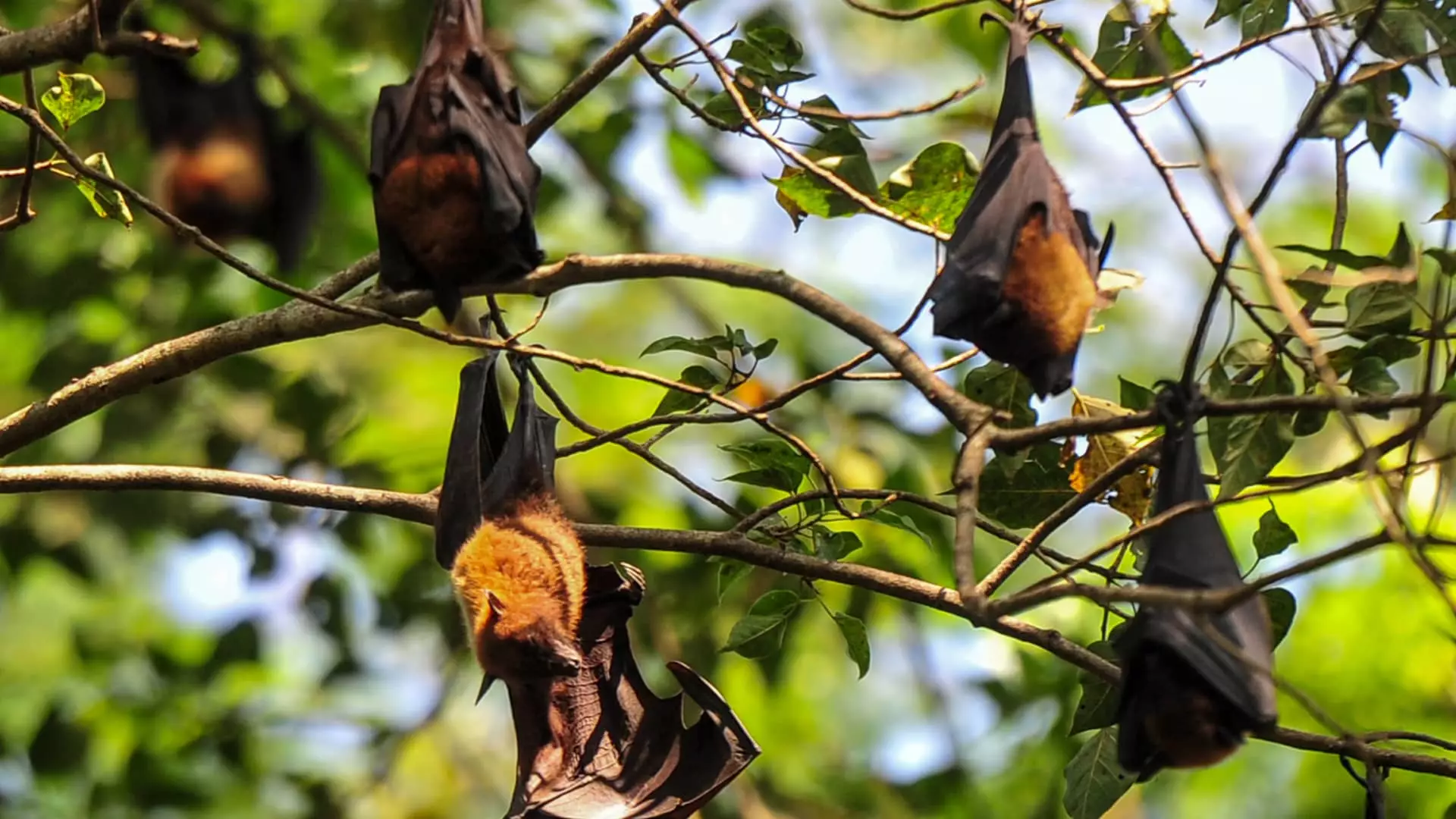The health authorities in the state of Kerala, India, are currently on high alert due to a recent outbreak of the deadly Nipah virus. The tragic death of a 14-year-old boy from the infection has prompted authorities to take swift action in tracking down individuals who may have come into contact with the virus.
Kerala Health Minister Veena George has reported that the close relatives of the teenager who succumbed to the virus have tested negative for the infection. However, precautionary measures such as wearing face masks in public areas remain in effect as a means of preventing further spread of the virus. According to the state’s health minister, 60 individuals who were in close proximity to the infected teenager are considered high-risk and are currently undergoing testing for the virus.
The Nipah virus, which was first identified 25 years ago in Malaysia, is known for its high fatality rate of up to 75%. With no vaccine available to prevent infection or a cure to treat it, the virus is considered one of the most dangerous pathogens in existence. The transmission of the Nipah virus to humans typically occurs through contact with infected animals such as fruit bats or pigs, leading to a lethal brain-swelling fever in humans.
Dr. Roderico H. Ofrin, the WHO Representative to India, has stated that the risk of further transmission of the Nipah virus in Kerala appears to be low based on current assessments. Extensive contact tracing efforts have been implemented by the Kerala government to identify and test individuals who may have been exposed to the virus. Ofrin also commended Kerala’s efficient system for detecting and responding to suspected cases of the Nipah virus, which has helped contain previous outbreaks in the region.
Before the recent flare-up, Kerala had experienced four separate outbreaks of the Nipah virus since 2018. According to a report published by Reuters, the rapid urbanization and extensive tree loss in Kerala over the years have created an environment conducive to the emergence of the Nipah virus. Although the exact reasons for the repeated outbreaks remain unclear, it highlights the importance of monitoring and addressing environmental factors that may contribute to the spread of infectious diseases.
As health authorities continue to monitor the situation in Kerala, it is crucial for communities to remain vigilant and adhere to recommended safety measures to prevent the further spread of the virus. The lack of a definitive treatment or vaccine for the Nipah virus underscores the importance of early detection and prompt response in containing outbreaks. By working together to implement proactive measures and support research efforts, we can better equip ourselves to combat emerging infectious diseases like the Nipah virus.

Leave a Reply